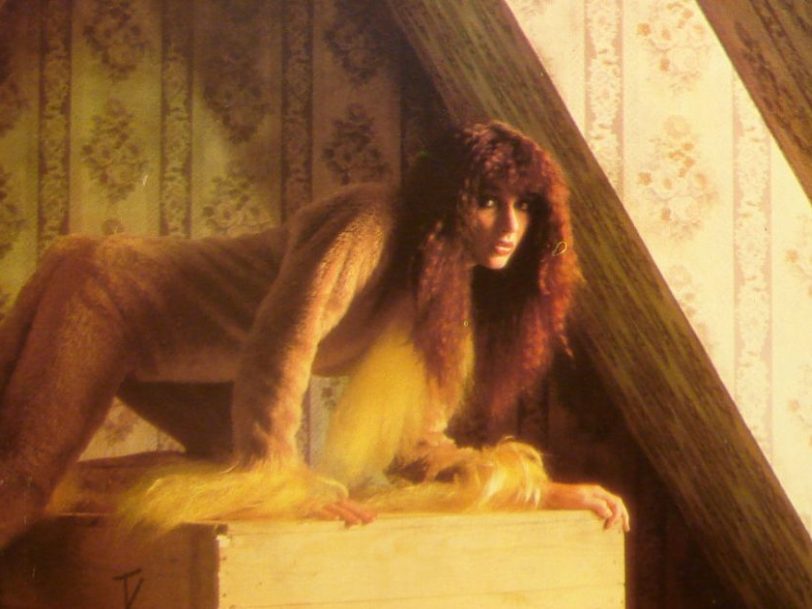Kate Bush’s second album, Lionheart, was released on 13 November 1978, just nine months after The Kick Inside, her enormously successful debut. The perfect companion piece to that first album, Lionheart largely consists of songs written before the singer found fame. Maintaining the momentum of Bush’s extraordinary start, it hit No.6 in the UK, going platinum in the process.
Listen to the ‘Lionheart’ album here.
“It’s very important for me to change and improve”
With her debut single, Wuthering Heights, Kate Bush had become the first female artist to hit the UK No.1 spot with a self-written song. It was no fluke: still a teenager when Wuthering Heights was released, she’d written prolifically since the early 70s and had demoed plenty of strong material to carry over to Lionheart. Talking to Tune-In magazine in 1978, Bush suggested that she considered songwriting her calling in life. “Writing songs is what I’m good at and I really do feel it’s what I’m meant to do. What I’m here for,” she said. “I can’t think of anything else that would be as fulfilling, and I would be happy to be just a songwriter, full stop. But there are always new beginnings. As soon as you climb one wall, there’s another wall to climb.
“The first album was a showcase, a foot in the door if you like, and it’s very important for me to change and improve,” Bush continued. “I think I can be reasonably objective about my own work and I was lucky to get the songs together for Lionheart.” Reflecting on her creative process at this stage in her career, she noted, “There are no special themes because I always treat each song as a separate entity and work on them one at a time, but I think many other songs are much more uptempo. I love rock songs but normally they’re just three chords and I don’t believe in that sort of writing. I like a really strong melody line, and that was a technique to learn but l seem to have cracked it. It’s pleased me, anyway.”




